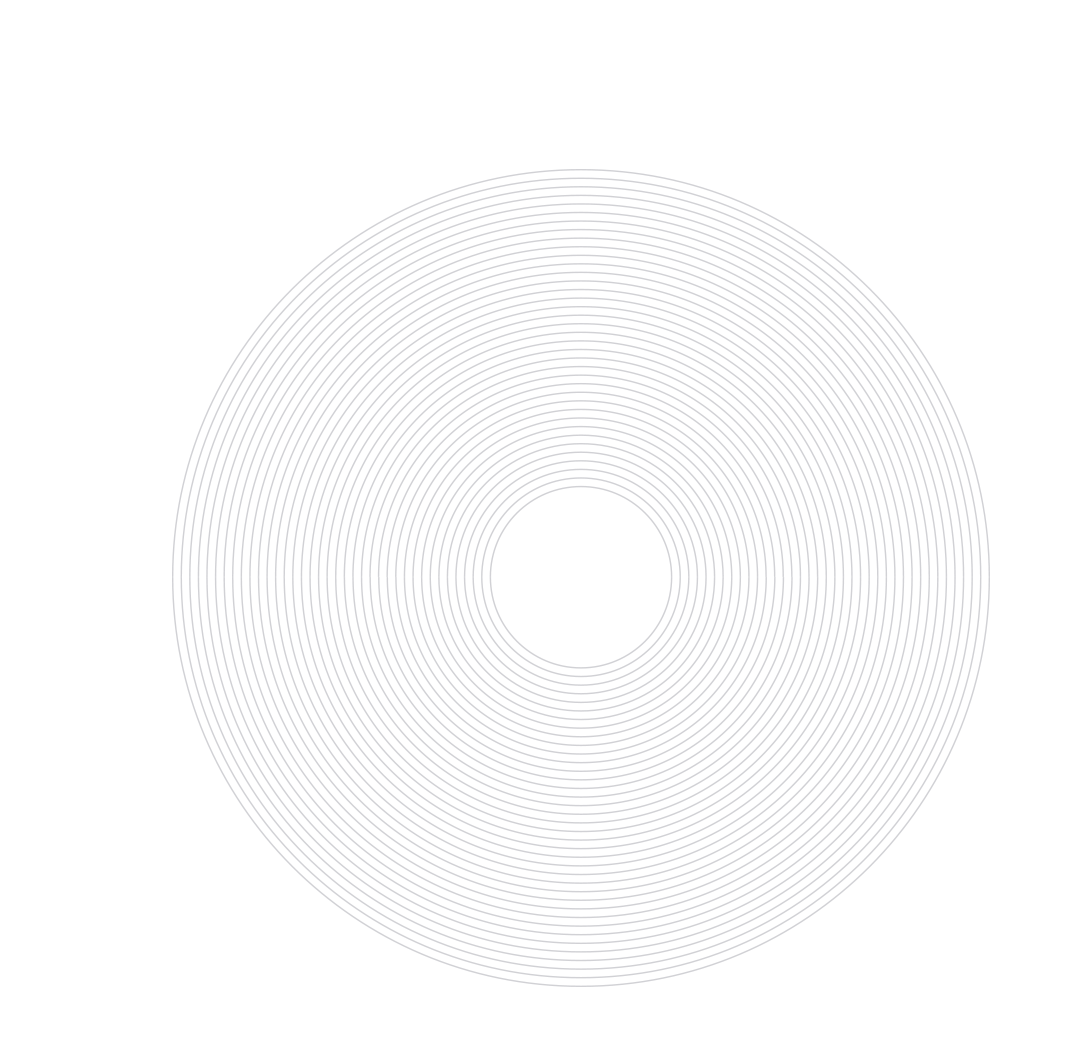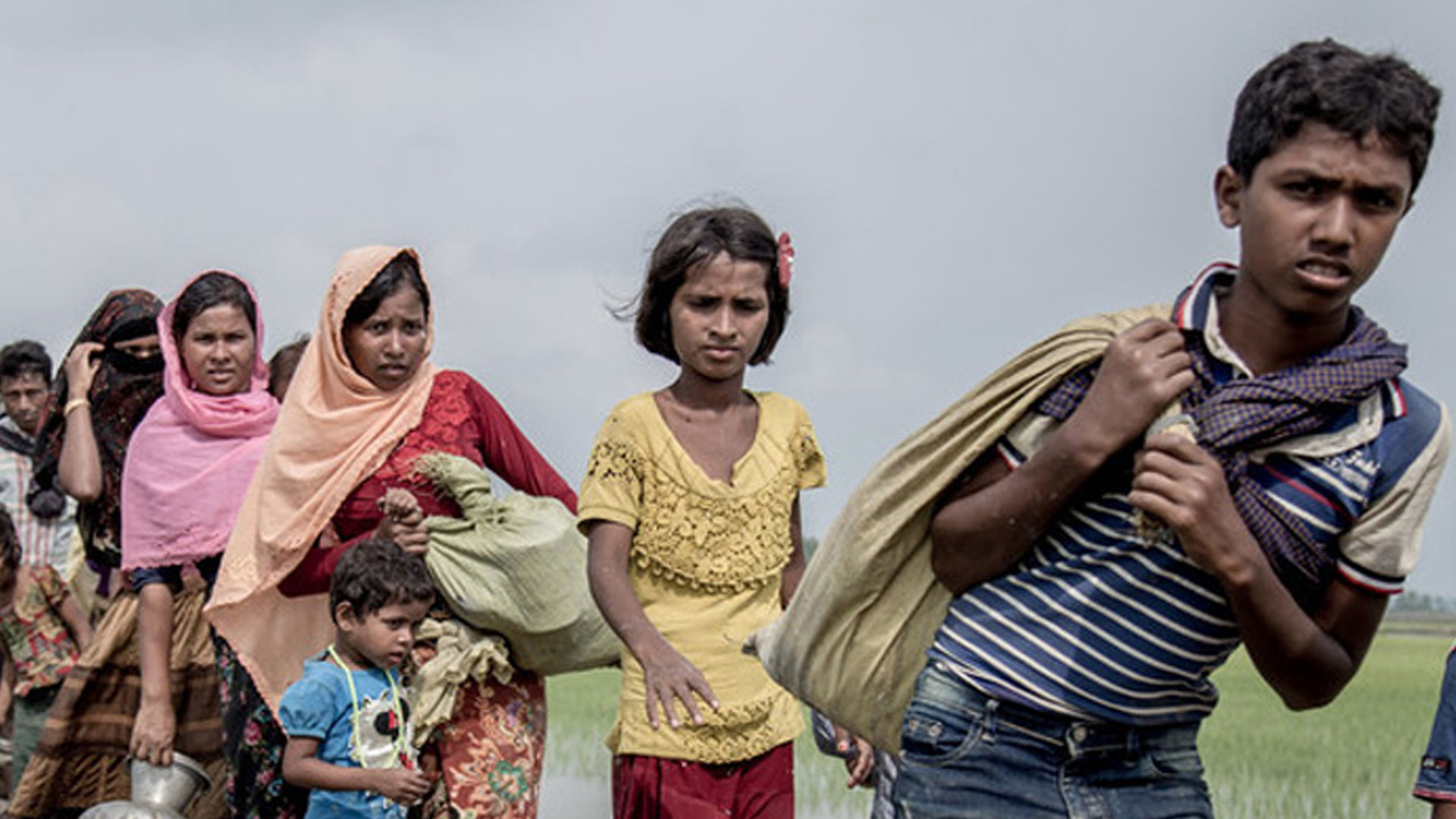

Cox’s Bazar hosts the largest refugee camp in the world with nearly 884,000 Rohingya refugees and 472,000 affected host community members in need of day-to-day support. CARE has been at the forefront of the humanitarian community by providing integrated humanitarian assistance in ensuring critical and immediate life-saving support to refugees and host communities since the beginning of the crisis, and addressed sex-specific needs since the start of this influx on 25 August 2017.
CARE has been addressing the immediate humanitarian and sex-specific needs of Rohingya refugees in camps 11, 12, 14, 15, & 16 and surrounding host communities. CARE ensures access to safe, confidential, and quality GBV services through Women and Girls' Safe Spaces (WGSS) and outreach teams
People reached through GBV sector
Program participants women and girls
Dignity kits distributed by GBV sector
CARE has been implementing different components of protection and prevention of violence against women and girls in the Rohingya refugee camps. One such component is training local volunteers to be first-responders for psychosocial counselling.
Major activities of SD & DRR sectors are the construction of drainage, pedestrian pathway, retaining walls, and stairs. Besides this, drainage cleaning, tree plantation, and creating cash for work opportunities are also part of SD & DRR interventions. Care & maintenance of the existing structures, emergency preparedness through capacity building, simulation exercises, early-warning systems, awareness raising, relocations, and other risk mitigation works are also major responsibilities of this sector.
Cash for work labor engaged
People impacted positively
Program participants women
Women participated in CfW
BDT transfered for CfW payment
Following the onset of the refugee crisis, CARE launched Site Management and Site Development (SMSD) activities in various camps to support Rohingya refugees. Popularly known as Camp Coordination and Camp Management (CCCM) globally, it is the first time that CARE has this implemented this highly technical program in one of its missions, that too in one of the most complex and the biggest refugee camps of the world.
CARE teams are making continuous efforts to improve the quality of life for Rohingya refugees in camps through, among other things, better coordination, service monitoring, reduced disaster risk, strengthened accountability mechanisms, improved accessibility, enhanced infrastructure, and active community mobilization and participation.
Lives are impacted positively
Feedback and complaint received & referred
Disaster Management Unit (DMU) trained
of the total reached participants are children
CARE is providing essential primary healthcare services in camps 12, 13, 14, 15, 16, including the surrounding host communities. CARE ensures access to safe and quality healthcare services through health posts and outreach teams. Key services include general patient treatment, maternal health, and family planning; menstrual hygiene counselling; ante-natal and post-natal care; long-acting reversible contraception support (in partnership with the government). CARE disseminates health related information, conducts regular meetings, awareness and builds partners' and CARE staff's capacities in different health services provision.
People reached through SRH
Program participants women
Health services provided individuals
Since 2017, CARE continues to provide life-saving WASH services to the Rohingya community of camps 15 & 16. Major services include water distribution networks, Fecal Sludge Management (FSM), Solid Waste Management (SWM), plastic recycling plants, Menstrual Hygiene Management (MHM) blocks, Women friendly latrines & bathing facilities.
Lives are impacted positively
Water Distribution Network
Functional tubewell
Functional latrines
women & girls
© Copyright 2026 CARE Bangladesh. Powered By Bangladesh Online